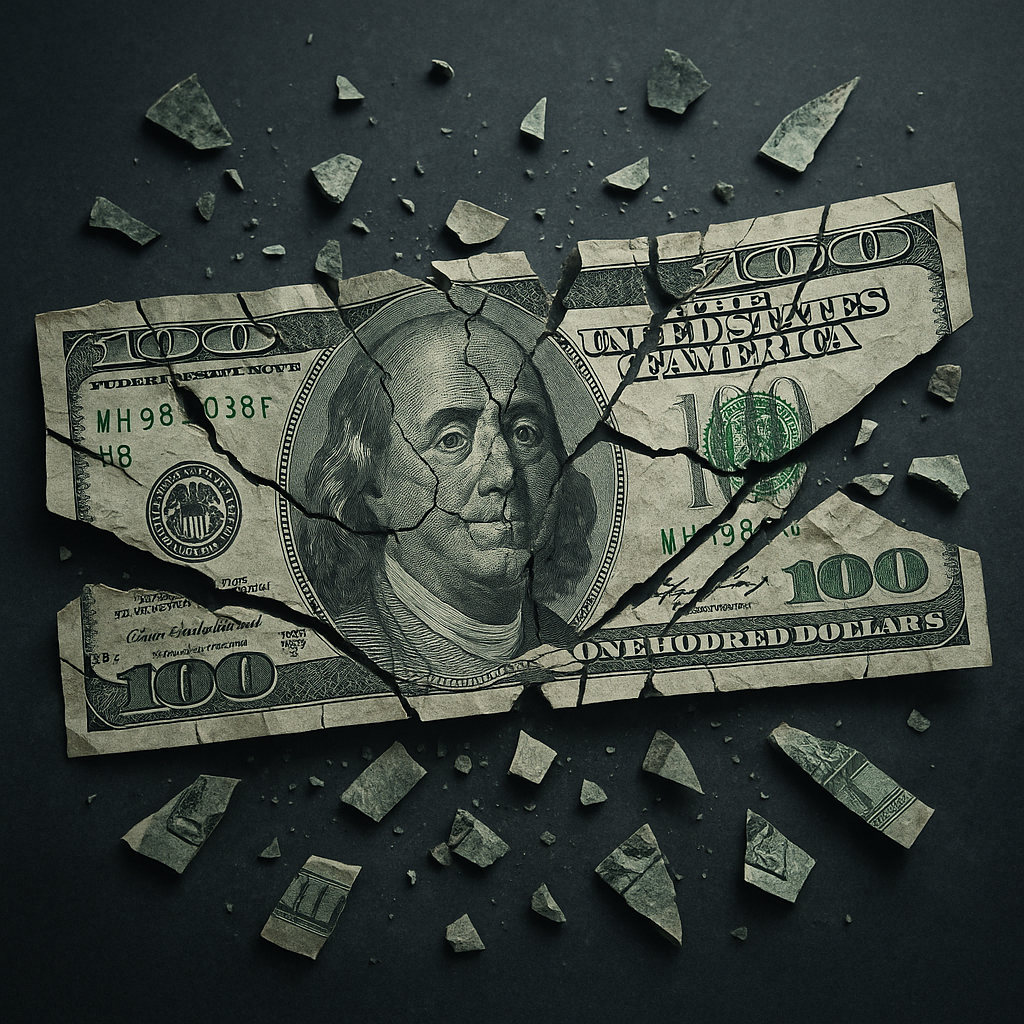What happens when likes, hashtags, and influencers collide with the rule of law?
What to Know:
- Romania became the first country to cancel and redo a national election because of suspected interference driven by social media manipulation.
- Intelligence claims link 25,000 fake accounts to a right-wing candidate’s sudden rise.
- Researchers warn that influence is still difficult to prove and that correlation is not causation.
- Studies from Duke, Nature, and others find disinformation's direct effect on voters is often overstated.
- The decision has shaken public trust and exposed a growing policy vacuum on digital election safeguards.
In December 2024, Romania held a presidential election that stunned the nation and the broader European community. A little-known right-wing candidate, Calin Georgescu, surged from just 1% in polls to nearly a quarter of the vote, enough to rattle the political establishment, according to Bloomberg.
But just as quickly as the win materialized, it evaporated. Romania’s constitutional court annulled the results, citing unprecedented digital interference allegedly originating from TikTok. This case is unique not only because of the annulment (other nations have done that), but also because of the reasoning behind it. Romania was the first nation in history to revoke a vote due to TikTok content.
The Trolls, The Hashtags, The Fallout
According to declassified Romanian intelligence, more than 25,000 coordinated TikTok accounts pushed pro-Georgescu content through algorithm-boosting tactics. Hashtags. Emojis. Waves of dubious pro-Georgescu comments followed generic influencer videos that outlined the ideal president. The effort, the documents suggest, may have been state-sponsored, with Russian involvement strongly suspected.
Romania’s Prime Minister didn’t mince words. “The result of the Romanians’ vote was blatantly distorted as a result of Russia’s intervention,” he wrote on Facebook. Elon Musk called the affair “crazy.”
Source: Elon Musk on X, May 6, 2025
U.S. Vice President JD Vance dismissed it as “flimsy suspicions.” Yet despite all the heat, researchers caution against overstating the fire.
The operation’s coordination hub wasn’t even on the platform itself — it operated externally, notably through a Telegram channel named @propagatorcg, where specific instructions were disseminated. These included emoji patterns, hashtag usage, scripting content, and guidance on dodging platform moderation systems. Among the campaign’s favorite hashtags were #echilibrusiverticalitate (“balance and uprightness”), #diaspora, and #calingeorgescu, each designed to artificially boost visibility through TikTok’s discovery algorithm.
Money and Micro-Influence
Romanian intelligence also traced the financing behind this network to Bogdan Peschir, a 36-year-old Romanian crypto entrepreneur. Operating under the username “bogpr,” Peschir distributed approximately $381,000 to influencers and made direct platform donations totaling over €1 million, according to seized financial records.
Screenshot from RFE/RL showing Bogdan Peschir, a programmer linked to the coordinated digital campaign supporting Călin Georgescu.
Some of this was funneled through apps like FameUp, which connects micro-influencers to paid promotional gigs. For participating influencers, at least one marketing company, FA Agency, based in South Africa, offered up to $1,000 per video.
Geoffrey York on X: Johannesburg, South Africa Radio Free Europe/Radio Liberty via
The playbook was familiar. Researchers noted eerie similarities between Romania’s disinfo campaign and the infamous “Brother by Brother” effort in Ukraine, where Russia leveraged micro-influencer ecosystems to mask state-led propaganda behind the gloss of relatable content creators.
TikTok’s Role — and Failure
While the campaign was engineered externally, TikTok’s algorithm served as the unwitting launchpad. Although the platform promised to remove disinformation related to the election, the flagged content was still available in other countries, leading Romanian authorities to accuse it of serious failures. Worse, the platform’s internal system allegedly miscategorized political videos as “entertainment,” allowing them to spread unimpeded even during voting periods.
On December 17, the European Commission opened formal proceedings against TikTok under the Digital Services Act (DSA), citing failure to mitigate systemic risks to election integrity. EU Commissioner Henna Virkkunen ordered TikTok to preserve all internal data tied to both the Romanian election and the upcoming EU parliamentary contests.
The Push for a Platform Crackdown
Romanian regulatory officials, including Pavel Popescu, vice president of the national telecom authority ANCOM, have gone further, proposing a temporary national suspension of TikTok pending the outcome of investigations. Legal experts have noted this could be executed under the DSA’s “red button” mechanism — a rarely tested provision allowing service bans in extreme cases.
Image generated by DALL-E
The Czech Telecommunications Office affirmed that while such a move is possible, it would require progressive escalation through fines, takedown orders, and verified evidence of systemic harm.
Meanwhile, more than 20 Romanian NGOs have issued a joint open letter to the European Commission, urging enforcement of platform responsibility and drawing attention to TikTok’s failure to curb coordinated campaign messaging, despite its ban on paid political ads. They noted that even after the campaign period ended, pages affiliated with the far-right AUR party continued to run undeclared political ads, often cloaked as editorial content, across Facebook and other platforms.
No Proof of Persuasion
Mădălina Botan, a researcher with the European Digital Media Observatory, offered a cold dose of reality: “You can make some correlations. But you cannot say that due to 25,000 fake accounts, Georgescu managed to get 25% of the votes.”
This is the paradox haunting digital democracy. We are aware that coordinated disinformation campaigns are frequently carried out by foreign actors, most frequently Russia. We see the memes, the bot armies, and the viral fakes. But proving that these efforts swing elections is another matter entirely.
Research backs her up. A 2024 paper in Nature found that online disinformation typically reaches those already predisposed to believe it. Trump supporters, not unsure voters, were the ones who shared Russian bot posts the most frequently, according to a 2019 Twitter study. Duke University’s Polarization Lab found zero impact on political views after exposure to troll content.
So why do governments act as if a few thousand emojis could undo democracy?
Wrap Up
Romania’s rerun election isn’t just a national scandal—it’s a global warning. From Warsaw to Manila, Abuja to Amsterdam, democracies are confronting the same elusive threat: disinformation that’s subtle, scalable, and increasingly difficult to trace. The European Commission’s investigation into TikTok may signal intent, but meaningful action—regulation, enforcement, literacy—remains fragmented and unproven.
As AI-generated content grows harder to spot and algorithmic systems reward outrage over accuracy, the boundary between influence and interference continues to erode. Romania’s crisis reveals a deeper vulnerability: not just to trolls or foreign actors, but to the very systems of trust and truth that modern elections rely on.
This isn’t just about spotting fakes. It’s about how we respond when fiction feels more persuasive than fact—when voters aren’t tricked but willingly pulled into a manipulated reality. What comes next won’t be decided by code or platforms alone, but by how seriously democracies treat the integrity of their own information environments.
As ballots are counted in Bucharest, the real question isn’t who wins. It’s whether the world is ready for what digital democracy has already become.

.png)



.png)